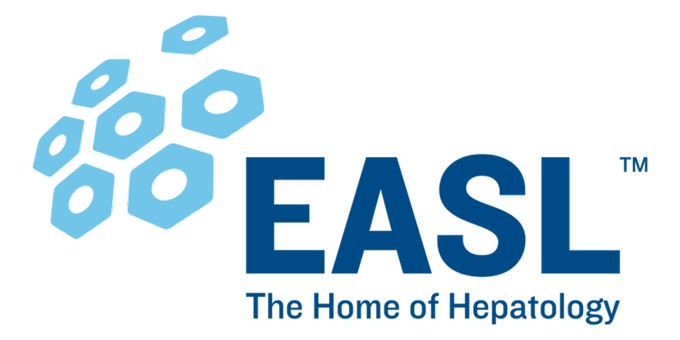Doença Alcoólica 2012
Introduction
Alcoholic liver disease (ALD) is the most prevalent cause of
advanced liver disease in Europe. However, there has been limited research investment into ALD despite its significant burden
on the health of Europeans. This disparity is reflected by the ETOh
score – the ratio of the estimated population mortality rate to the
number of trials focused on a particular disease. The ETOh score
for ALD is 358, compared with 1.4 for hepatitis B, 4.9 for hepatitis
C, and 15.2 for primary biliary cirrhosis [1].
In recent years however, the mechanisms driving disease progression and the natural history of ALD have been better defined
and novel targets for therapy have been identified [2]. In addition,
significant clinical research has produced a clear framework for
the evaluation of new therapies in particular in patients with
alcoholic steatohepatitis (ASH).
ALD is a complex disease, the successful management of
which hinges on the integration of all the competences in public
health, epidemiology, addiction behavior and alcohol-induced
organ injury. Both primary intervention to reduce alcohol abuse
and secondary intervention to prevent alcohol-associated morbidity and mortality rely on the coordinated action of multidisciplinary teams established at local, national, and international
levels.
These guidelines are largely based on the issues raised during
the EASL monothematic conference on ALD held in Athens in
- The guidelines have three main aims: (1) to provide physicians with clinical recommendations; (2) to emphasize the fact
that alcohol can cause several liver diseases (steatosis, steatohepatitis, cirrhosis), all of which may coexist in the same patient; (3)
to identify areas of interest for future research, including clinical
trials.
The evidence and recommendations in these guidelines have
been graded according to the Grading of Recommendations



